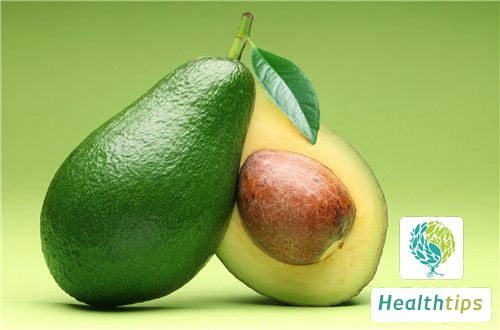When is the Best Time to Get a Pregnancy Test?
If an unexpected pregnancy occurs and the individual does not want to keep the child, abortion may be an option. There are two main methods of abortion: medical abortion and surgical abortion. The choice of abortion method should be made based on individual circumstances and the specific timing of the pregnancy. It is important to promptly visit a hospital for a check-up. If the individual is in good physical condition, without underlying diseases or gynecological inflammation, both surgical and medical abortions may be considered. Let's delve into these aspects.

When is the Best Time for Abortion?
Generally, the earlier the better, but since most women discover their pregnancy after more than half a month, medical abortion may be an option. Medical abortion can be performed within 49 days, with the optimal time being around 20 days. However, this applies only to intrauterine pregnancies. In cases of ectopic pregnancy, painless surgical abortion is the only option, and again, the earlier it is performed, the better.
Post-Abortion Considerations for Women
1. Sufficient Rest: After abortion, women should ensure adequate rest, with the first three days being best spent in bed. This is because abortion leaves a wound on the endometrial lining, and premature activity may prolong vaginal bleeding. Within half a month, women should avoid physical labor and exercise, refrain from heavy lifting, and avoid intense physical activity. It is advisable to rest and recuperate for about 21 to 30 days to ensure full recovery. However, it is also unnecessary to stay in bed all day, as this may hinder the discharge of lochia.
2. Dietary Adjustment: After abortion, women should prioritize good nutrition and sleep to enhance their resistance to disease and promote the early repair of damaged organs. Following the procedure, they should consume foods rich in protein, such as fish, meat, eggs, and beans, as well as fresh vegetables rich in vitamins. It is important to start dietary supplementation early and avoid cold and stimulating foods. As abortion can cause minor bleeding and some degree of physical trauma, it is crucial to promptly replenish protein and vitamin-rich foods.
3. Hygiene and Healthcare: After abortion, the body's resistance decreases, making personal hygiene especially important. The endometrial wound and increased vaginal discharge can create a breeding ground for bacterial infections. Therefore, special attention should be paid to cleaning and hygiene of the external genitalia. Shower regularly, use sanitized toilet paper and change it frequently, avoid bathing in a tub for half a month, change underwear frequently, and abstain from sexual activity for one month to prevent bacterial infections. These measures are crucial for preventing gynecological infections such as endometritis, salpingitis, and pelvic inflammatory disease.
In addition, women should adhere to post-abortion precautions similar to those after childbirth, avoiding baths, cold drinks, and ensuring warm clothing to prevent chills. It is also advisable to avoid anger and excessive exertion.



















